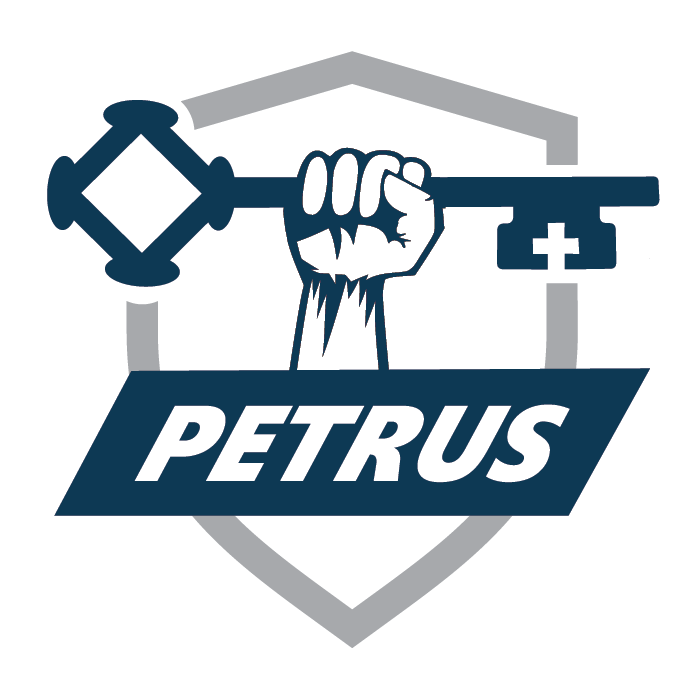When it comes to roof repairs or replacements, many homeowners are surprised to find that the price of an insurance claim is often higher than a straightforward cash deal. But why is that? Let’s break down the key reasons why an insurance job can come with a bigger price tag compared to paying out of pocket.
1. Strict Insurance Guidelines and Requirements
Insurance companies typically have strict guidelines that contractors must follow to ensure the work is done to a high standard. This means that everything from the materials used to the amount of labor required is heavily scrutinized. Contractors must often provide detailed documentation, proof of costs, and follow specific repair protocols that go above and beyond what might be done in a simple cash transaction. This adds time, paperwork, and extra effort, which increases the overall cost.
2. Higher Material and Labor Costs
When working with insurance claims, contractors often use top-grade materials to meet the insurer’s expectations. For example, your insurance company might require a certain type of shingle or underlayment, even if a more affordable option is available. Additionally, insurance jobs may require contractors to hire licensed and certified professionals for every aspect of the work, from plumbing to electrical, adding to labor costs. In contrast, a cash deal gives the homeowner more flexibility in choosing materials and can allow contractors to work with more cost-effective labor options.
3. Administrative Overhead and Documentation
Insurance jobs come with a lot of paperwork. Contractors have to submit detailed estimates, manage inspections, and provide ongoing updates to the insurance adjusters. This administrative workload takes time and resources. In some cases, roofing companies may need to hire extra staff or use specialized software to manage insurance claims, and these additional costs are passed on to the customer.
4. Time-Consuming Approval Process
Insurance jobs can also take longer to complete because contractors need to wait for approval from the insurance company before starting work. This often leads to delays and rescheduling, which can cause inefficiencies and drive up costs. In contrast, a cash deal can be scheduled and completed much faster, allowing contractors to work more efficiently and often at a lower price.
5. Insurance Adjusters and Inspections
When dealing with an insurance claim, an adjuster will often visit the property to assess the damage and determine what repairs are covered. This process may require multiple inspections or back-and-forth negotiations between the adjuster and contractor. These extra steps take time and resources, and the contractor must account for these in the final price. In a cash deal, these inspections are not required, and the homeowner has more control over the process.
6. Insurance Coverage and Liability
Insurance companies expect contractors to have higher levels of liability coverage for the work they perform. This extra layer of protection ensures that if something goes wrong, both the contractor and insurance company are protected from additional financial risk. The cost of maintaining this type of insurance adds to the contractor’s overhead, and this expense is passed along to the customer in the form of higher pricing for insurance jobs.
7. Inflated Claims and Insurance Markups
In some cases, insurance companies allow for higher markups or padded estimates to cover unforeseen costs. Since insurers know there could be hidden damage that isn’t visible at first glance, they sometimes allow for more wiggle room in the budget to avoid underpaying. Contractors may also charge higher rates for insurance jobs to cover any complications or disputes that may arise later, leading to a more expensive overall bill.
Cash Deals: The Simpler, Lower-Cost Option
Cash deals, on the other hand, offer flexibility for both the homeowner and the contractor. With fewer restrictions, contractors can offer competitive pricing, use more affordable materials, and get the job done faster. Homeowners who choose a cash deal may save money upfront but should ensure they’re still getting quality work and materials that will stand the test of time.
The Bottom Line
Insurance jobs cost more than cash deals because of the additional documentation, higher material and labor standards, and the insurance company’s involvement in the process. While paying with insurance can sometimes feel more expensive, it offers the peace of mind that your repair will be done according to strict guidelines and industry standards, often with higher-quality materials and workmanship. However, if you’re looking to save money and have more control over the project, a cash deal may be the right choice for you.
Always weigh the pros and cons of both options, and discuss with your contractor what makes the most sense for your situation. Whether you’re dealing with an insurance claim or paying out of pocket, it’s essential to make sure you’re getting a fair deal and high-quality work.

